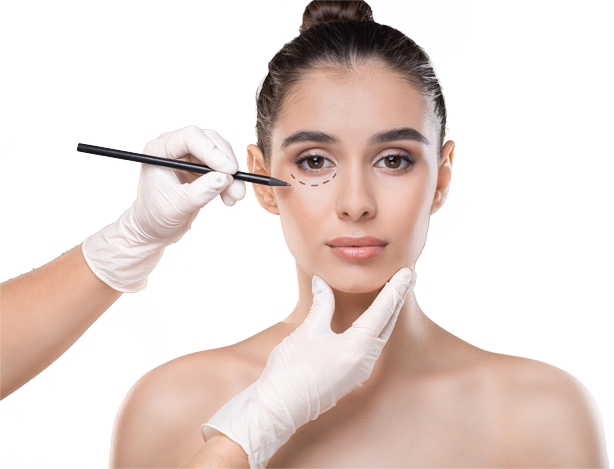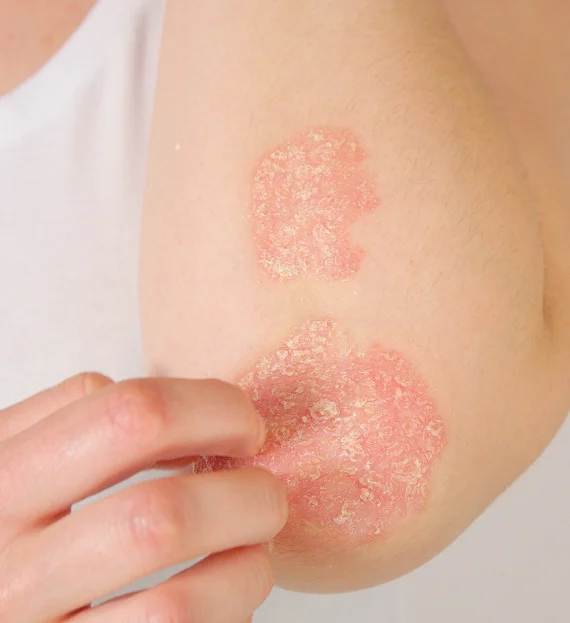Erythroderma treatment
Most Popular Procedures
Atopic dermatitis is one of the most commonly seen skin disorders in childhood which is also known as Eczema. It’s a chronic skin condition with symptoms like dryness, itchiness, and inflamed skin affecting different body parts like arms, legs, neck, and even face.
Various factors like dry skin, allergens, irritants, stress and certain food intake can trigger atopic dermatitis or eczema which is characterized by red, scaly and itchy skin rashes. It can be categorized into mild, moderate and severe skin conditions which are capable of causing significant impact on a child’s quality of life. In some cases, the child faces severe sleep disturbances and social isolation, and inferior complexes.
Erythroderma treatment
Multiple Treatment Options
Ectopic dermatitis is persistent in nature and needs constant attempts to keep a check on the inflammatory factors, and multiple treatment regimens are recommended including self-care habits which are to be followed for months to years together to avoid the symptom flare-ups.
- Moisturizers help in keeping the skin soothed and moisturized. These moisturizers need to be free from fragrances, alcohol, dyes, or any skin irritating chemicals.
- Topical Steroids are considered by Paediatric dermatologists to reduce inflammation or itching in cases of moderate to severe atopic dermatitisAnti-histamines help in relieving the itch and solving sleep disturbances. Hence improving the quality of life.
- Topical calcineurin inhibitors are non-steroidal medications considered for mild to moderate eczema.
- Anti-histamines help in relieving the itch and solving sleep disturbances. Hence improving the quality of life.
- Wet wrap therapy involves wrapping the affected skin area after the application of topical medication with a wet
- dressing. This soothes the skin and improves the effectiveness of the topical medication.
- Self-care habit includes avoiding triggering factors which can aggravate the condition– either environmental or lifestyle-related like food, fabric or self-care products.
Parents need to follow the child-specific recommendations and medication regimens prescribed by paediatric dermatologists to keep the skin healthy and symptom-free.
Faq
Frequently Asked Questions
A. paediatric dermatologists are trained to diagnose the skin disorder by following physical examination and probing the child’s medical history and lifestyle. They may also consider skin biopsy or other tests for ruling out any other conditions.
A. paediatric dermatologists are trained to diagnose the skin disorder by following physical examination and probing the child’s medical history and lifestyle. They may also consider skin biopsy or other tests for ruling out any other conditions.
A. Atopic dermatitis cannot be cured rather it can be well managed by bringing about modification in lifestyle and following appropriate treatment
A. paediatric dermatologists are trained to diagnose the skin disorder by following physical examination and probing the child’s medical history and lifestyle. They may also consider skin biopsy or other tests for ruling out any other conditions.






